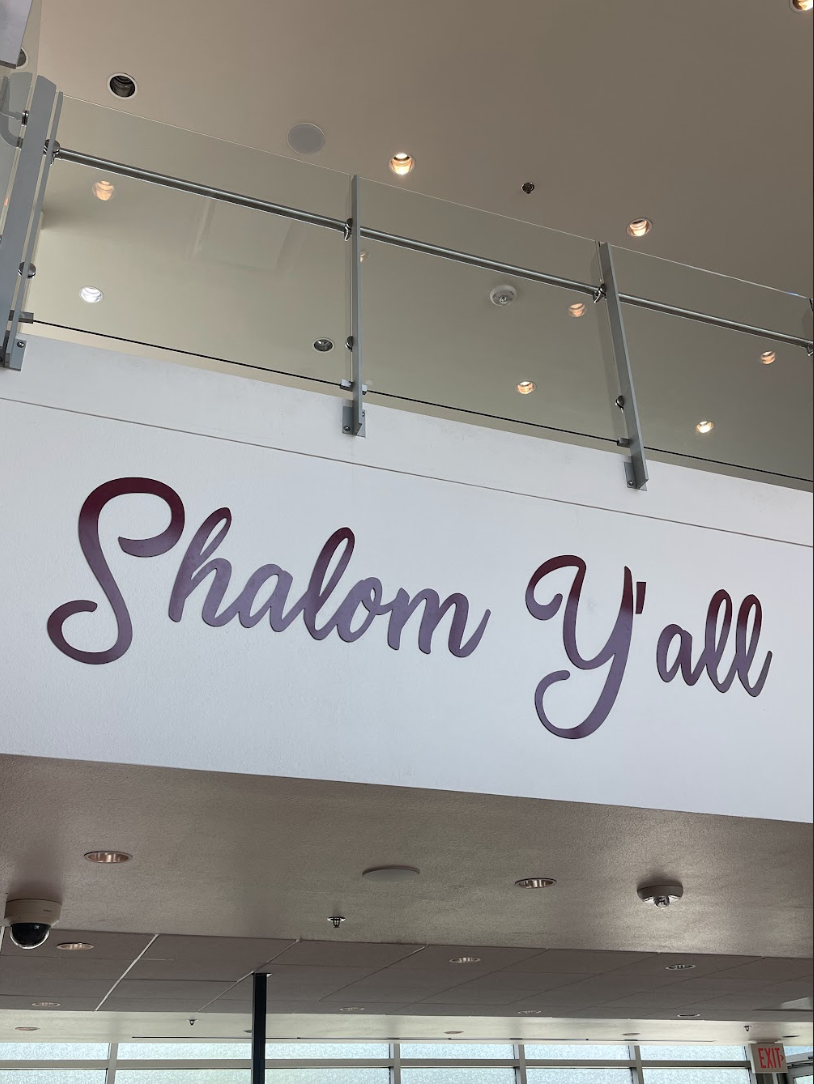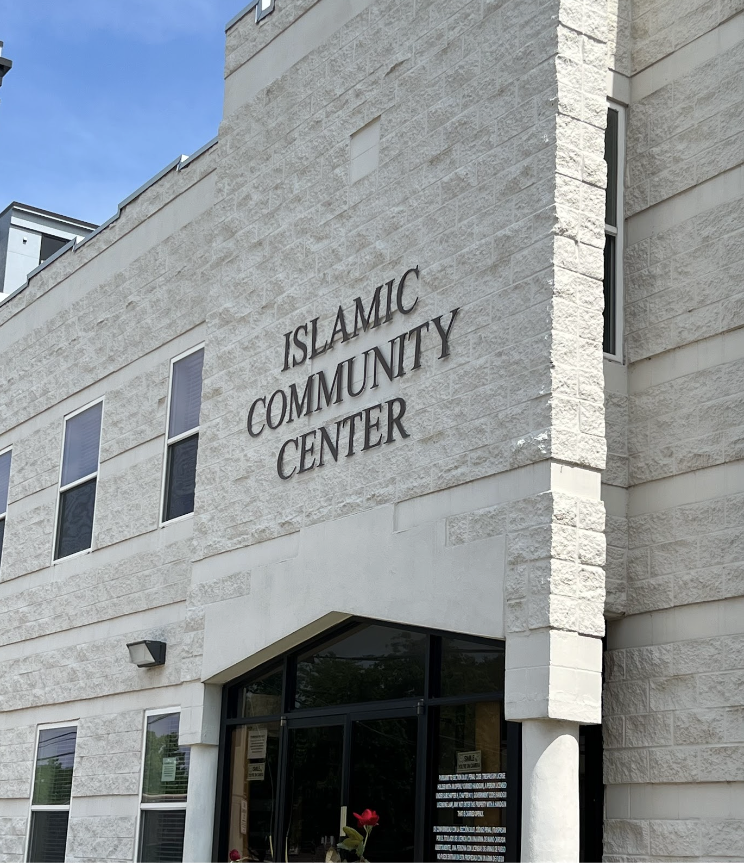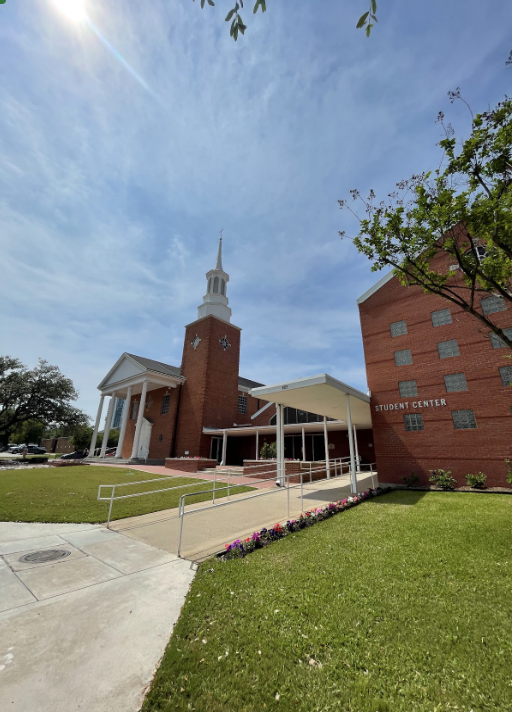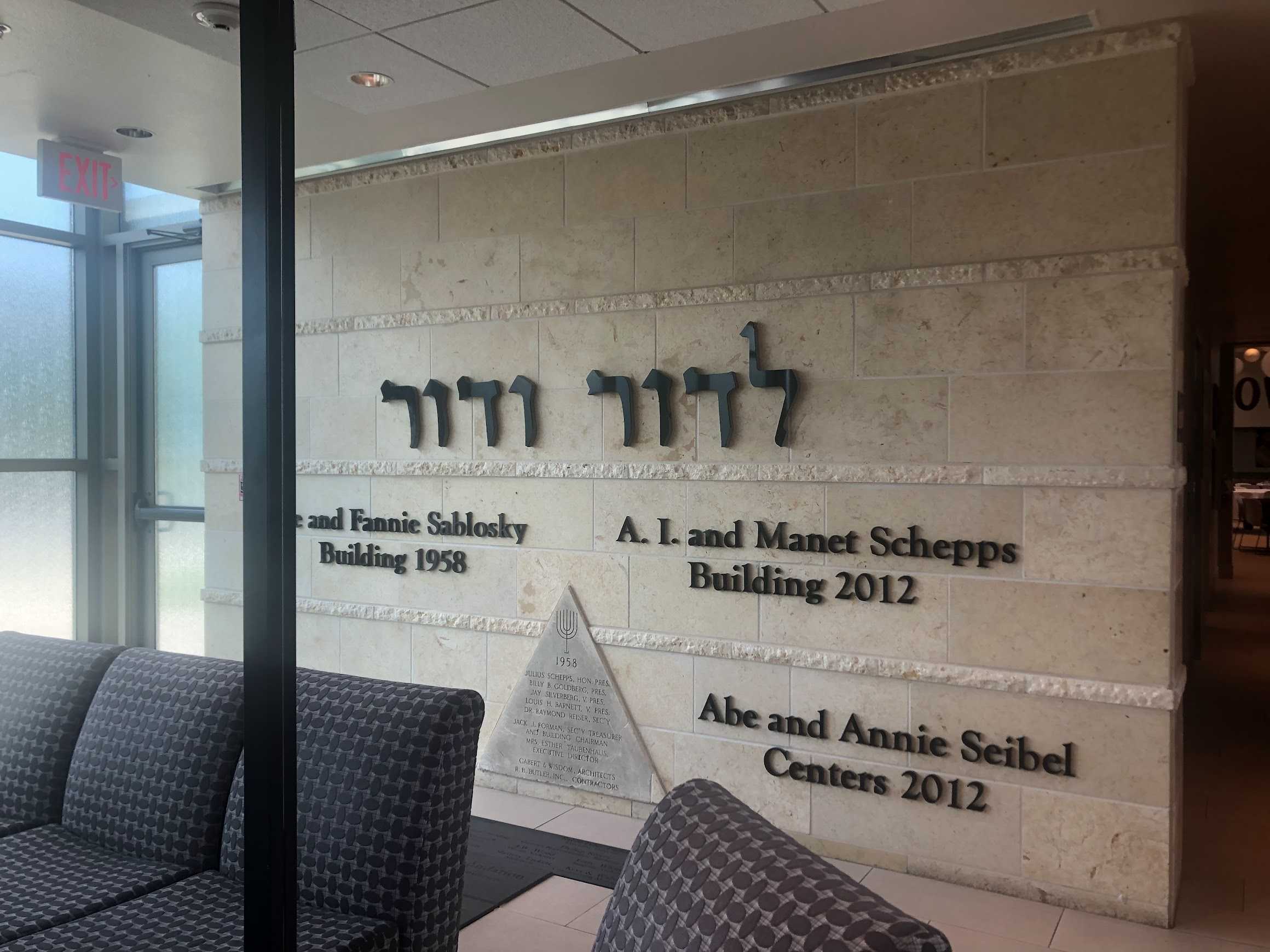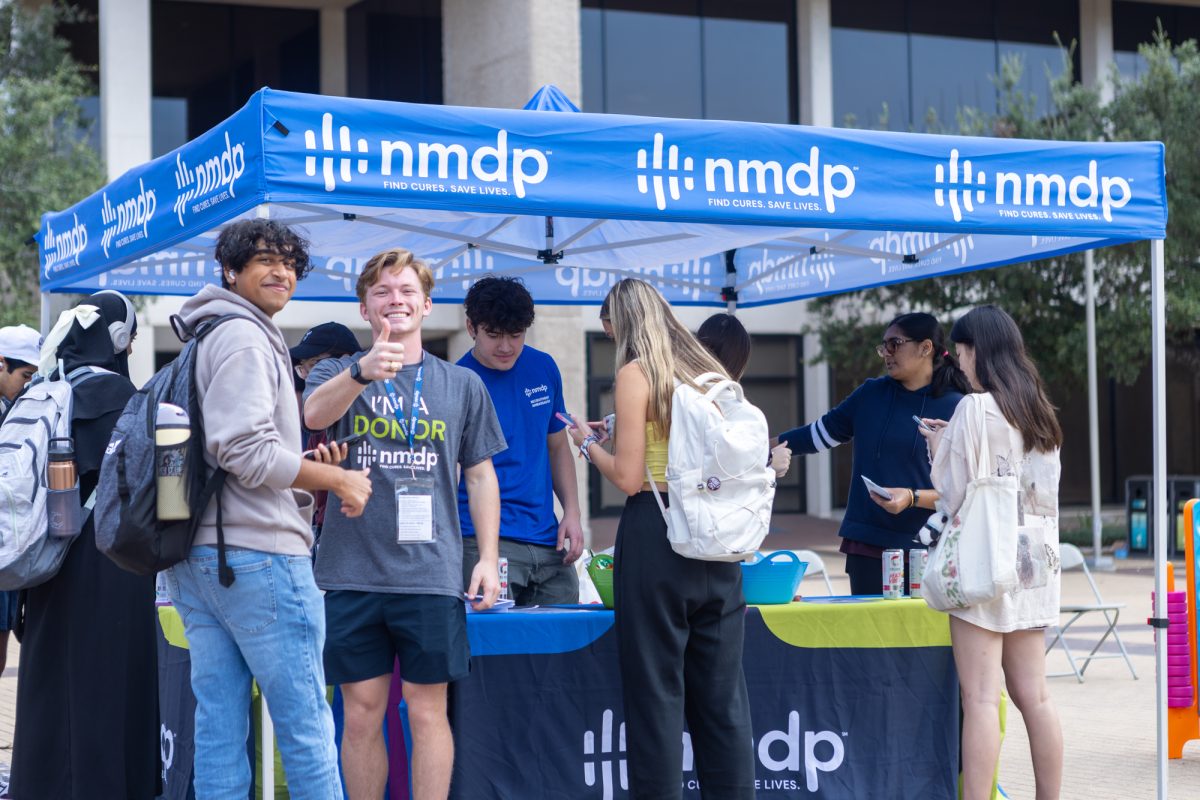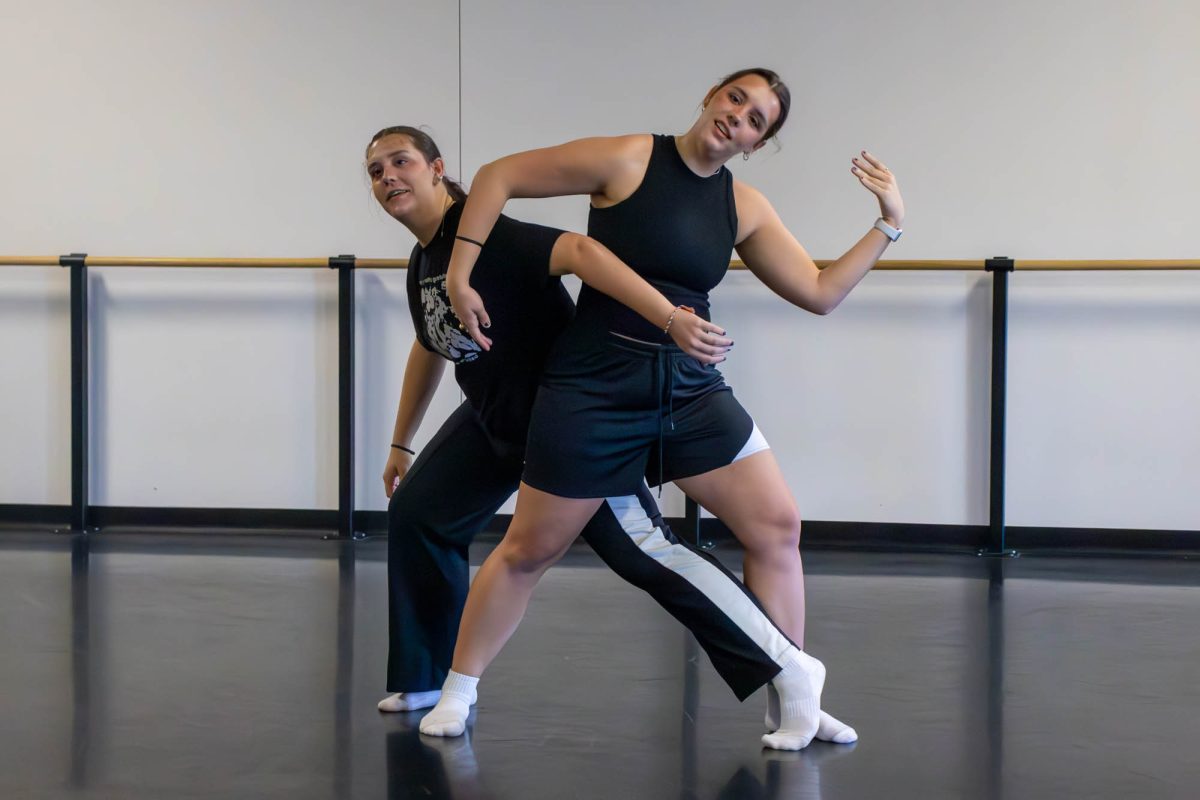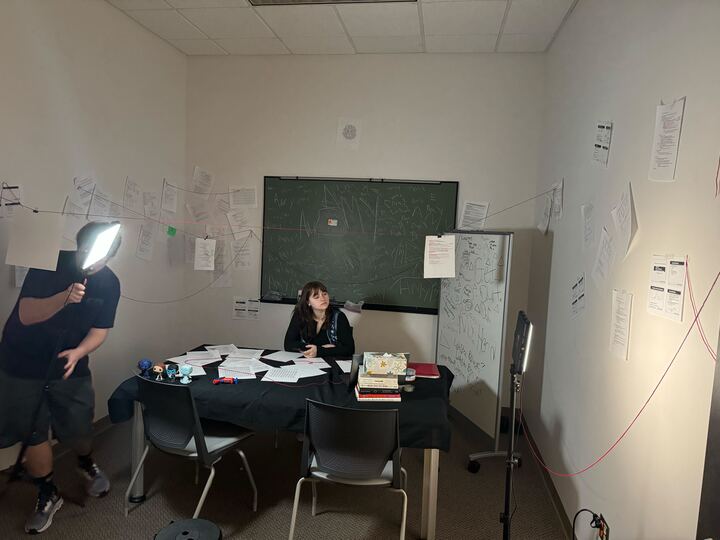By Caroline Wilburn and Kenzie Guillamun
This week, Easter, Ramadan and Passover overlap, and while many Christians, Muslims and Jews mark the holidays in churches, mosques and synagogues, their observances all have one thing in common: food — or its absence.
Easter, for example, might mean chocolate bunnies or giving up candy for Lent. Ramadan, a month of daily dawn-to-dusk fasting, usually closes each day with a feast. For Jews, Passover begins with a meal full of symbolism. Fasting, feasting and reflection are where the similarities end, however. Easter, this Sunday, April 9, commemorates Jesus Christ’s resurrection. Starting on Ash Wednesday, Feb. 22, depending on the denomination, many Christians participate in Lent by challenging themselves to grow closer to God. The month of Ramadan, which began March 22 and ends April 21, marks the delivery of the Quran, the Muslim holy book, to the prophet Muhammad. For many Jews, the eight days of Passover, which began Wednesday, April 5, recall both the bitterness of slavery in ancient Egypt and the joy of liberation.
Easter Holy Week means remembrance, fasting and food
By Anna Deardorff and Kailey Driesbach
For Catholics, Easter is a time to reflect on how to grow in their faith, according to students who were studying this week at St. Mary’s Catholic Center on Northgate.
“[The holiday] is basically Christians preparing for the death of Jesus Christ on Friday, and then for his glorious resurrection on Sunday,” agricultural economics junior Aidan Siebert said.
This year, Siebert decided to participate in Exodus, a spiritual challenge for men that he does along with his friends, he said.
“[It involves] an hour of daily prayer, reading the daily readings of the mass and reading the reflection about it, fasting from sweets all 40 days of Lent, fasting from alcohol, fasting from any kind of tobacco products [and] fasting from snacking,” Siebert said. “It’s tough, it’s really hard … but it’s been great.”
Like many Catholics, Siebert associates special meals with Easter and Lent. To celebrate the accomplishment of the Lenten period, Siebert said he looks forward to family and food.
“My family always has a big barbeque, of course,” he said. “A classic fish fry — that’s always a big thing on Good Friday.”
For students who are interested in observing the holidays, Christian churches across Bryan-College Station host Good Friday and Easter services along with other community events such as brunches and Easter egg hunts.
For Muslim Aggies, daily Ramadan fasts end with feasts
By Aaron Raley, Zach Planche, Alexander Martin, Sydney Wallner and Camryn Bacon
In the prayer and meditation room at the Sterling C. Evans Library this week, Akib Sarwar, a doctoral student in mechanical engineering, recited his daily Ramadan devotionals. As part of their observance of the holiday, from dawn to sunset, Muslims consume nothing, he said.
“Ramadan means struggle within yourself,” Sarwar said. “You want to eat, you want to drink, but you struggle with yourself, to constrain yourself.”
For the past two weeks, Sarwar and some 400 other members of the local Muslim community have been gathering at the Islamic Community Center of Bryan-College Station on Northgate, he said. There, they break their Ramadan fast with dates and water, followed by a communal meal.
Eating together is also an important aspect of the holiday, symbolizing sustenance through a variety of ethnic cuisines, according to neuroscience sophomore Moozemmel Malick, who had stopped by the Islamic Center this week.
“South African, Somalian, Turkish — there’s a ton of different countries represented here,” he said. “[Ramadan] gives us an opportunity to be thankful and think of the less fortunate,” he said, and the idea behind fasting “is to give something up for God.”
Each day of Ramadan, Muslims meditate and study the Quran in an effort to increase their “taqwa,” or “God consciousness,” Malick said.
“We are trying to build our taqwa all month,” he said. “Even if people aren’t watching, I know He’s watching.”
For Muslim students seeking on-campus dining options during Ramadan, Aggie Dining developed a special Ramadan dining program. It includes a change in hours of operation for The Commons Dining Hall, extra “grab & go” menu items and Ramadan meals available through the Transact Mobile Ordering App. Ramadan concludes with Eid al-Fitr, which is also known as the Festival of Sweets.
For Jewish Aggies, Passover tells the story of freedom
By Braxton Husk, Nadia Abusaid and Kenzie Guillamun
A sign on the door of the Texas A&M Hillel south of campus reminded visitors that “no leavened bread is allowed in” the building during Passover. The sign had big red “Xs” on pictures of donuts, sliced bread, bagels — even pizza. Anything containing yeast is prohibited during the holiday, which commemorates the exodus of the Israelite slaves from ancient Egypt.
As the Passover story goes, the Jewish prophet Moses told the Egyptian pharaoh to “let my people go,” but he refused. After the Egyptians were afflicted with ten plagues, the pharaoh relented, and the ancient Israelites departed Egypt in such a hurry that they couldn’t wait for their bread to rise. So Passover dinners, or seders, include symbolic foods to remind them of this time, such as matzo, a flat, unleavened bread. Jews also use salt water to represent the tears of the enslaved, and spill wine from their cups to recognize the suffering of the Egyptians.
“We don’t eat anything leavened, so that means no bread,” electrical engineering sophomore Jonathan Postelnik said.
A member of Sigma Alpha Mu, a historically Jewish fraternity, Postelnik said anything that might have come into contact with yeast, including “beans, rice, corn and cookies — it’s all replaced with matzo.”
During the holiday Postelnik said he enjoys matzo ball soup and matzo chocolate cakes. On campus, however, Postelnik said it’s practically impossible to find food to eat during Passover because the dining halls all serve bread and other products that contain leavening.
Off-campus Jewish organizations provide kosher-for-Passover meals, including Hillel, which held two seders this week. The Rohr Chabad Jewish Center at Texas A&M University offers a paid program of kosher-for-Passover meals through the end of the holiday period.
This article was contributed by the course JOUR 203, Media Writing I, Section 901 to The Battalion.



